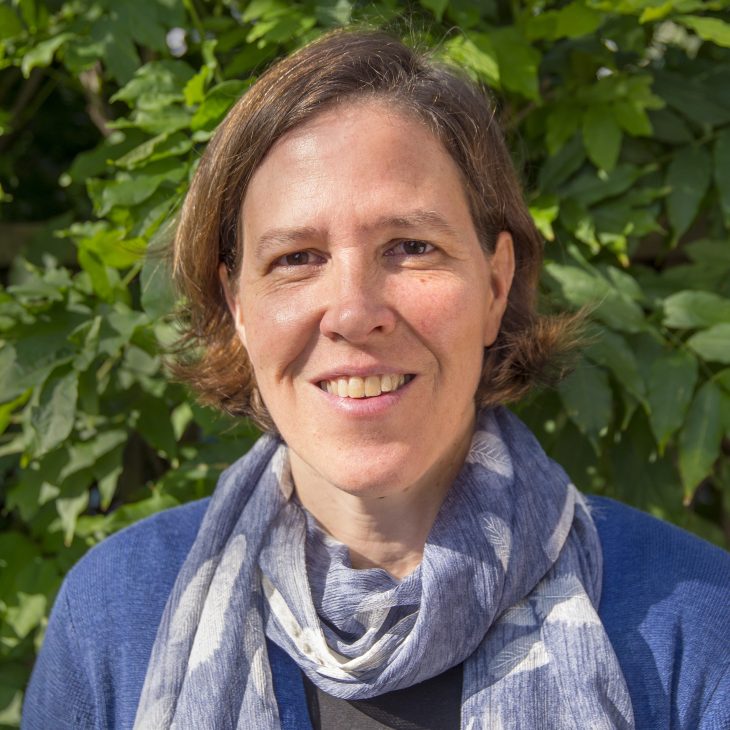Ps. 133: The Power of Ritual to Inspire Change
June 15, 2020

I pull the round brass handle to open the heavy wooden door into the monastic chapel and warm air rushes out, carrying with it the scent of beeswax and cedar. I am the only outside witness tonight as the nuns sing to each other from facing choir stalls in the call and response style of Gregorian chanting. A single nun with her eyes closed is framed by a square of the wooden grille that marks the boundary between the cloistered nuns and their guests. Flickers of candlelight project a web of dark shadows through the grille and onto the ceiling like a safety net.
I cannot read Psalm 133 without picturing the Benedictine Abbey I visited for years, first as a young doctoral student doing fieldwork and then as a new mother looking for a place for rest and renewal. The nuns chant Psalm 133 every night to end the service of Compline—the last in their cycle of eight daily communal prayer services collectively known as the Liturgy of the Hours. The Book of Psalms provides the text for these daily services as prescribed by St. Benedict’s Rule for Monks written in the sixth century.
What does this ancient rite still performed at the Abbey and in many other monastic communities have to do with us in these days—these days when COVID-19 has thrown into question the wisdom of dwelling together, without masks and six-foot buffer zones. What relevance does it have in these days following George Floyd’s murder, when protesters have taken to the streets demanding an end to police brutality against black and brown people and to structural violence 400 years in the making? The psalmist’s vision of unity, in which people dwell together as siblings, safe and secure, is not easy to hold even in the best of times. During a global pandemic and in the midst of an uprising, it seems almost naive.
But what strikes me when I read Psalm 133 today and think about the nuns gathering in their choir stalls, is the importance of regular reminders that dwelling together in unity should be our daily goal and aspiration. Whether we pull it off or not on a given day, we need rituals that invite us to really see one another and say: “Behold, how good and how pleasant it is for brothers and sisters to dwell together in unity!” Such moments of true recognition are, as the psalmist states so eloquently, like being anointed with fine oil; they are like dew coming down on parched mountains. The closing words of Psalm 133 are the last words the nuns sing to one another before they retreat into the Great Silence, broken only by Matins in the early hours of the morning: “For there the Lord ordained the blessing—life forevermore.” It is right there, in that sacred space and time, when we are able to glimpse a life in unity as equals, that we experience eternal blessing. May it be so.
Read more about PsalmSeason here and subscribe for email updates.
Dr. Jennifer Howe Peace has been an interfaith scholar, educator, and activist since the early 1990’s. Most recently she completed a year as the interim Tufts University Chaplain and currently serves as a consultant and advisor to the Pluralism Project at Harvard University.
Share
Related Articles
American Civic Life
Higher Education
American Civic Life



